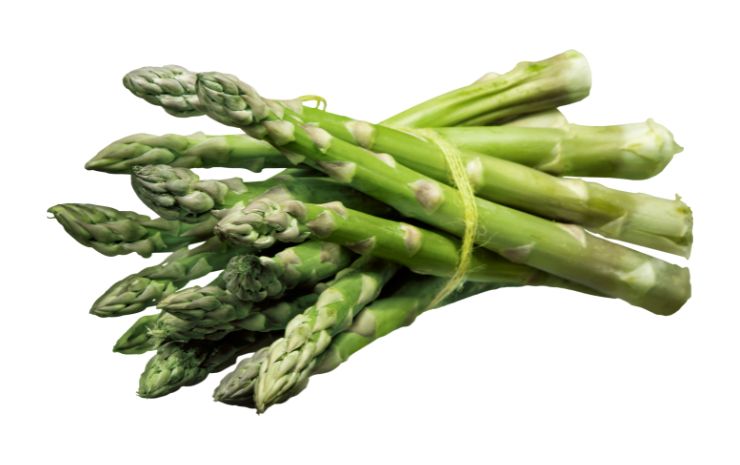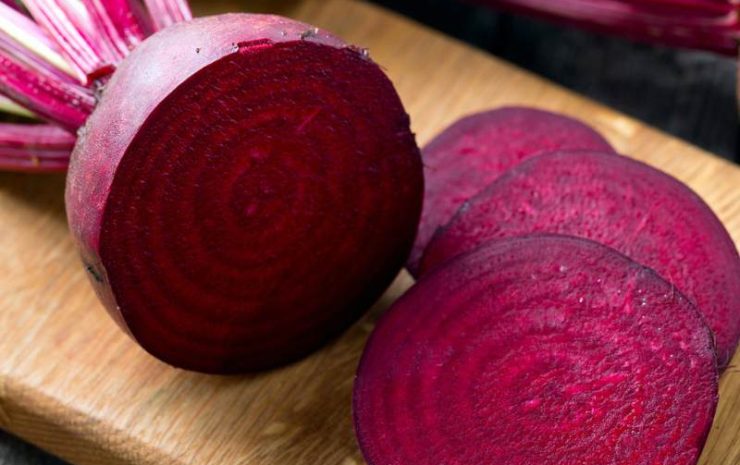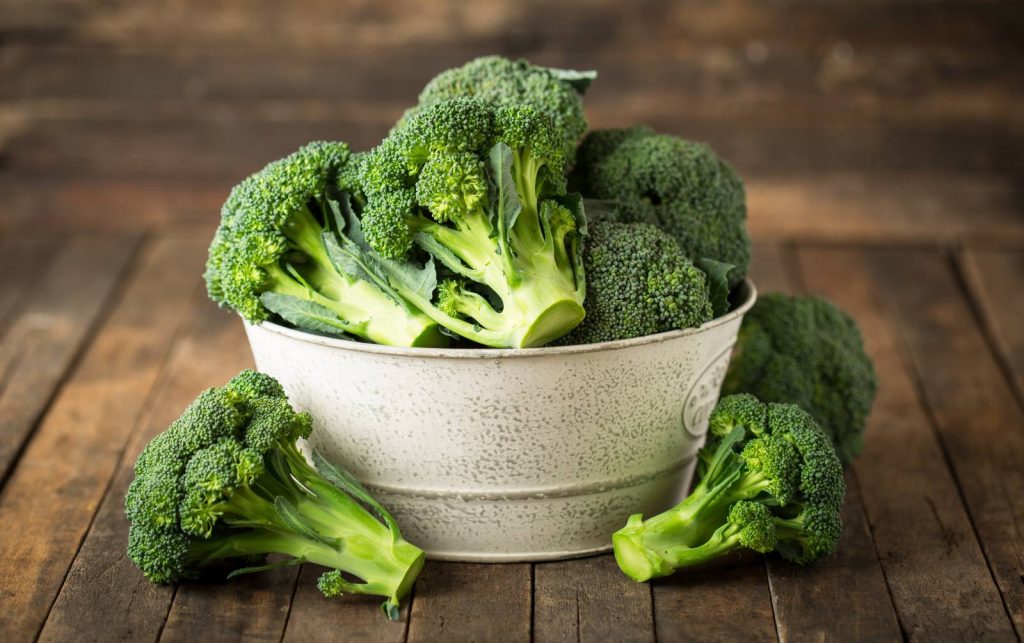Vegetable
FAQ
Boiling vegetables is important because it softens them, making them easier to digest, enhances their flavor, kills harmful microorganisms, and can make certain nutrients more available. However, it can also lead to nutrient loss, which can be minimized by using less water and shorter cooking times.
Not all vegetables need to be boiled. The necessity to boil depends on the type of vegetable and the intended use. Boiling is one method among many, such as steaming, roasting, or eating raw, each with its benefits.
Yes, the water used to boil vegetables can be nutritious because it may contain vitamins and minerals leached from the vegetables. It can be used in soups, sauces, or gravies to add flavor and nutrients.
Yes, you can eat boiled vegetables daily. They provide essential nutrients and can be a part of a balanced diet. However, it’s also beneficial to include a variety of cooking methods and vegetable types for nutritional diversity.
- Nutritional Safety: Boiling can kill harmful bacteria and parasites, making food safer to consume.
- Digestibility: It softens food, making it easier to chew and digest, which is particularly beneficial for dietary fibers in vegetables.




